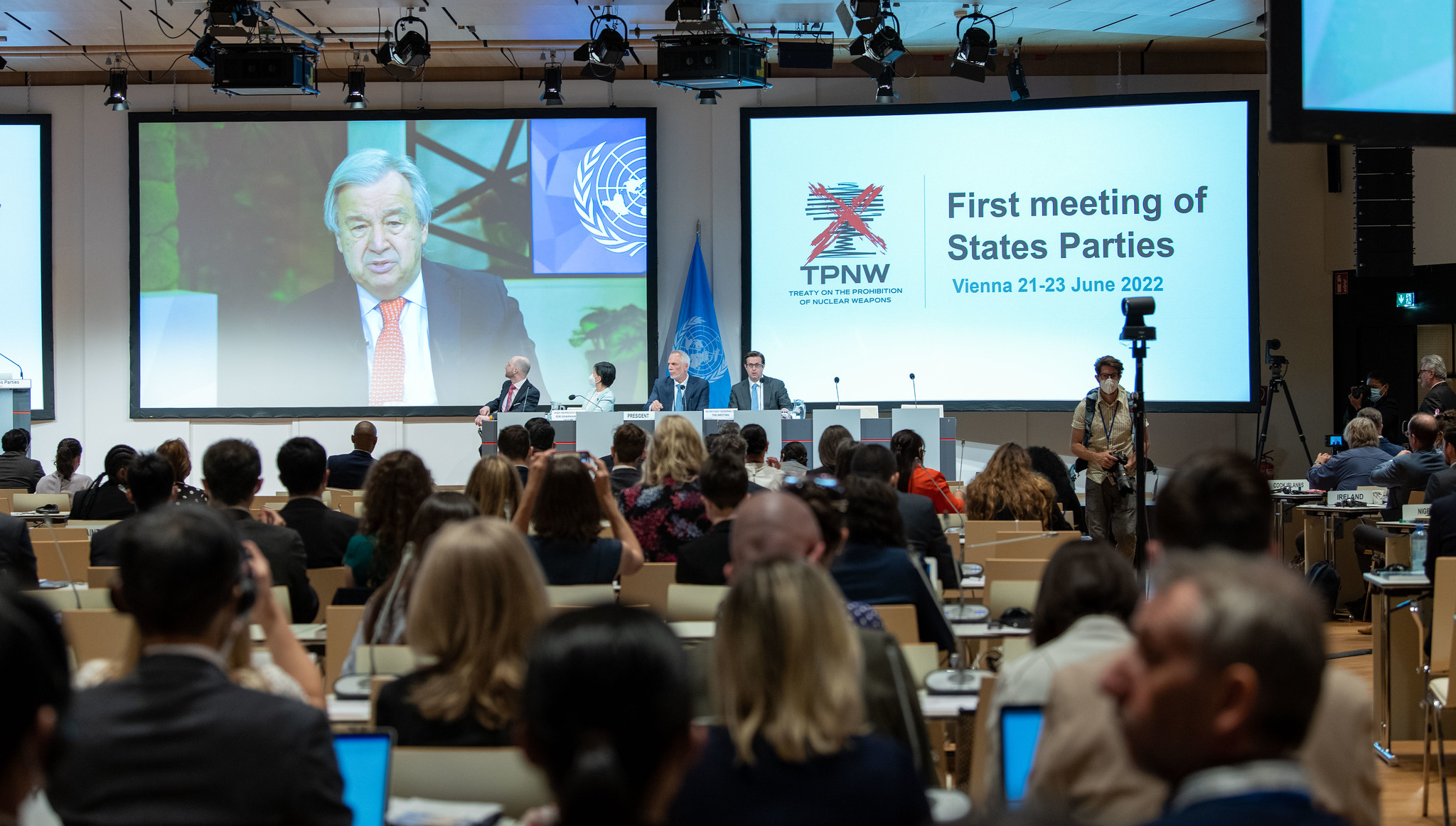The virtual seminar will be held from 12:30 to 2:00 p.m. (E.T.)
In their war against Ukraine, Russian leaders have threatened the possible use of nuclear weapons in an effort to limit the scale of military intervention by NATO states. These threats have evoked widespread international condemnation. It may be possible in this context to move further toward universalizing the norm and establishing new instruments prohibiting all use and threat of use of nuclear weapons. An unconditional prohibition on use and threat of use already exists in the UN Treaty on the Prohibition of Nuclear Weapons, which has almost 100 signatory states. This talk will explore how such a prohibition also could be further codified as a standalone treaty or by UN Security Council action. A next step towards this goal might be to make unconditional, uniform and legally binding assurances by nuclear weapon states to not use or threaten to use nuclear weapons against non-nuclear weapon states. Another possible step would be to strengthen the understanding that nuclear threats will not be made with regard to Ukraine.
About the speaker: Morton Halperin worked on nuclear policy issues in the Clinton, Nixon, Johnson, and Kennedy administrations in a number of senior positions, including as Director of the Policy Planning Staff at the Department of State (1998-2001). He has taught at Harvard, Columbia, George Washington, and Yale, and been affiliated with a number of think tanks. One of the pioneers of modern U.S. nuclear arms control and foreign policy thinking, he is the author and co-author of numerous works, including Strategy and Arms Control (1961, with Thomas Schelling), Limited War in the Nuclear Age (1963), China and the Bomb (1967), Bureaucratic Politics and Foreign Policy (1974), and Nuclear Fallacy: Dispelling the Myth of Nuclear Strategy (1987).
